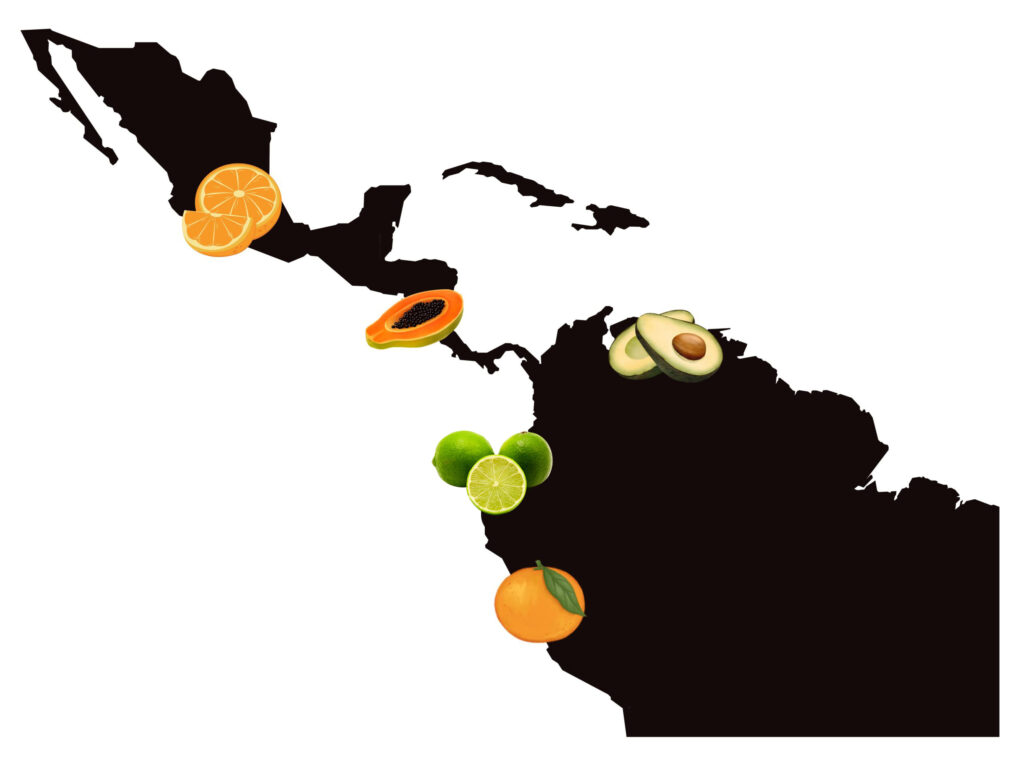In today’s increasingly globalized world, companies are constantly seeking to expand their operations and enter new international markets. In the fruits and vegetables sector, this entails overcoming unique challenges and ensuring that products meet the quality and safety standards and regulations of each destination country. An effective and reliable way to do this is through certification. In this article, we will explore the importance of certification in international fruit and vegetable trade and how it can provide a competitive advantage in export opportunities.
The Importance of Certification in International Fruit and Vegetable Trade
Certification is essential in international fruit and vegetable trade. It ensures that products meet the quality and safety requirements established by importing countries. Certification can range from inspecting production processes to assessing product quality and safety standards. One of the most recognized certifications in the fruits and vegetables industry is GlobalGAP certification, which sets standards for sustainable and safe agricultural production.
Gaining a Competitive Edge: How Certification Can Enhance Export Opportunities
Certification provides companies with a competitive edge in international fruit and vegetable markets. For example, GlobalGAP certification demonstrates to international buyers that products meet globally recognized quality and safety standards. This can open doors to new markets and enhance export opportunities. Moreover, certification offers consumers the assurance that they are purchasing products that meet the highest quality and safety standards.
Ensuring Quality and Safety: The Role of Certification in Consumer Health Protection
Certification plays a fundamental role in protecting consumer health. It helps ensure that fruit and vegetable products meet the quality and safety standards established by importing countries. For instance, GlobalGAP certification guarantees that foods are produced and handled in accordance with good agricultural and food safety practices. This ensures that consumers are protected from potential health risks and can trust the quality of the products.
Overcoming Barriers: How Certification Helps Navigate International Trade Regulations and Standards
International trade in fruits and vegetables is subject to various regulations and standards that vary from one country to another. Certification helps companies overcome these barriers by providing objective evidence that products meet each country’s specific requirements. Furthermore, certification instills confidence in international buyers that products have been produced in accordance with established standards and regulations, facilitating entry into new markets and increasing trust in trade transactions.
In summary, certification plays a crucial role in international fruit and vegetable trade. It not only enables companies to access new markets and enhance export opportunities but also ensures the quality and safety of products, protecting consumer health. Certification helps overcome barriers imposed by international trade regulations and standards, easing access to new markets and strengthening trust in trade transactions. If you would like to learn more about how certification can benefit your business in international fruit and vegetable trade, contact MARABELLA today!







